Learn about our language initiatives around the world
Oxford Global Languages
Our Oxford Global Languages programme is a major, community-oriented initiative aiming to transform the experience of millions of people worldwide by making their language available in digital form.
Since the programme’s launch in 2015, we have partnered with language specialists, content creators, and local speakers from language communities with limited digital presences to build quality lexical data and resources for speakers, learners, and developers worldwide.
Our vast and growing repository of linked language content is accessible via the Oxford Dictionaries API, equipping third-party developers with reliable, structured data to power websites, apps, and other tools and services that serve these language communities.
With more than 20 low-resource languages currently available through the programme, we are continually growing the number of languages we offer, our in-house lexical experts and technologists working with content owners and native speakers to acquire, develop, and curate datasets that record and reflect languages accurately and meaningfully.
See our available languages here →
The Oxford Global Languages programme is building a future where quality lexical data for languages spoken by millions of people worldwide is available online and engaged in the development of new technologies to enhance communication on a global scale.
How could you get involved in the Oxford Global Languages programme?
We are always looking for opportunities to work with content owners and creators who share our goal of empowering language communities through quality lexical resources.
Interested in partnering with us? We would love to hear from you →
How could our low-resource language datasets power your project?
Whether you require an off-the-shelf dataset or a bespoke data solution, we would love to discuss how our linked language content can power your project.
Get in touch for a conversation with our team about your lexical data requirements →
Accessing low-resourced languages
Low-resourced languages can be accessed here.
Indian Languages Programme
As part of Oxford Global Languages, we run a specific programme investing in people and expertise to create lexical resources for major Indian languages.
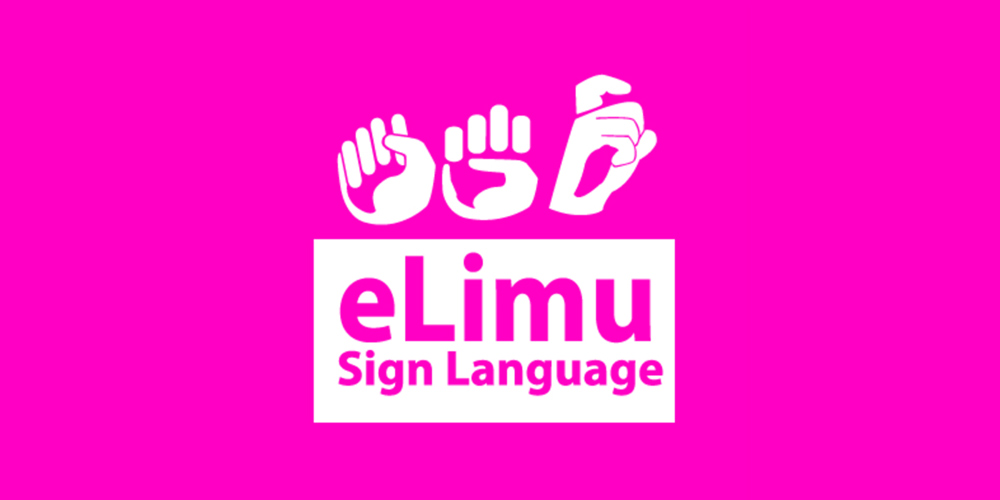
Creating sexual health resources in Kenyan Sign Language
Sex eLimu is an innovative app providing sexual health information in Kenyan Sign Language. The app enables users to look up sexual health terms and topics, with definitions and explanations given in sign language through video content.
It was developed by Hudson Asiema, the co-founder and chief executive of educational start-up Deaf eLimu, who noticed a lack of sexual health resources for young people in Kenya who are deaf or hard of hearing.
Hudson accessed the Oxford Dictionaries API to source and deliver definitions of terms for the app’s written and video content, using our language data to power its lookup functionality.
The Sex eLimu app equips Kenyan Sign Language signers with access to important information in their language, serving a community that was not catered for by existing language resources.
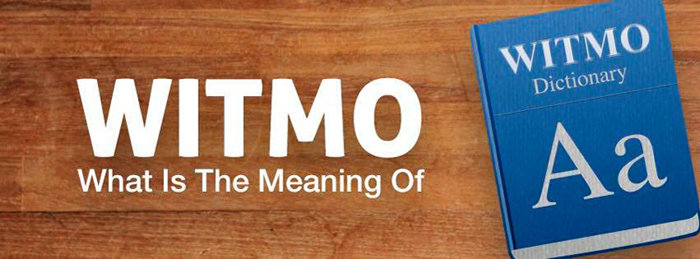
Learning English with WITMO
WITMO, which stands for What is the Meaning Of, is a Facebook chatbot created by developer Sagar Sodah. It uses Oxford Dictionaries API data to allow users to discover definitions, synonyms, antonyms, and example sentences of words, also offering speedy translations into Spanish, Romanian, or Malay.
WITMO was initially developed as a personal project out of the developer’s interest to explore the possibilities around chatbots. To his surprise, it was quickly picked up by many people in Thailand, Myanmar, and the Philippines who started using the app to learn English. Sagar realised that part of the population in those regions has limited access to smartphones but better access to Facebook messenger, which works well on feature phones.
As WITMO is a Facebook Messenger app, it was the perfect tool to fulfil this need, and its creator tapped into a market niche he had never imagined.
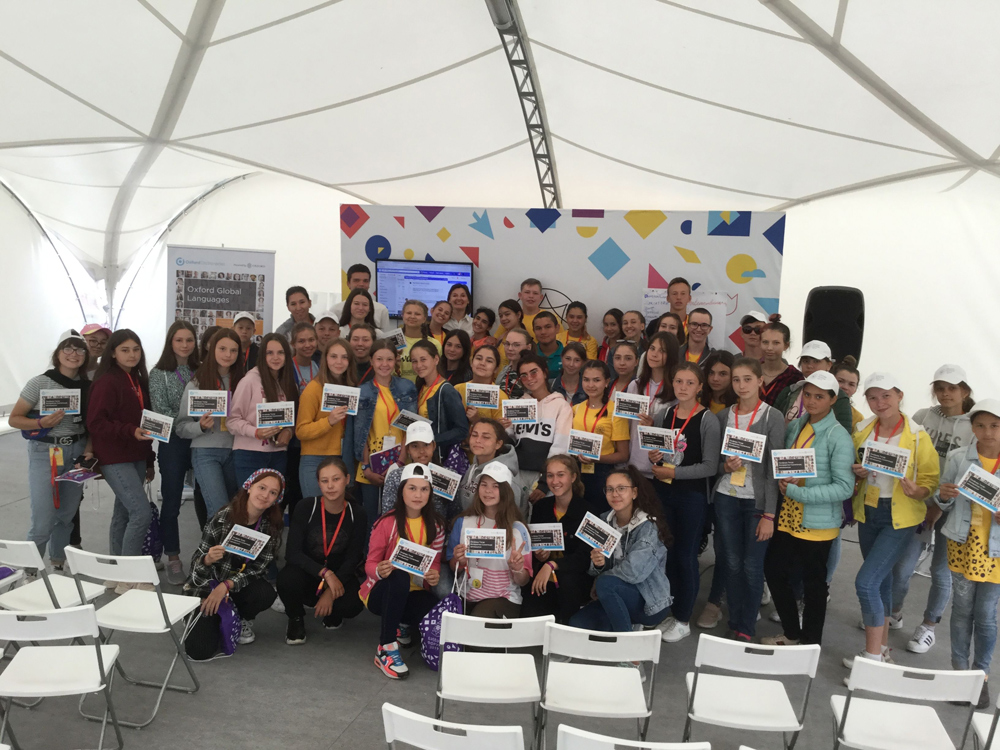
Tatar-Setswana workshop on leadership through language
In July 2019, our Tatar Language Manager Dr Golshat Safiullina invited our Setswana Language Manager Warona Makafu to share her inspirational story at a workshop on leadership through language for the Leaders’ Biler Forum, part of the Selet Foundation Youth Camps for young people from the Republic of Tatarstan.
Warona shared how she realized the value of preserving her native language through her work as our Setswana Language Manager, working with the community to record and recognize its cultural identity and ignite conversations with Setswana speakers from all generations to create a shared Setswana language legacy and accessible resources.
Her story prompted questions and discussion from the participants, helping the young people of Tatarstan to understand how embracing their own language and culture, Tartar, could empower them too.
Warona said:
"I’m so glad that our dictionary allows us to preserve our language in its entirety, all dialects included. How they were spoken and how we speak them now. Anyone coming after our generation can trace themselves to where their language came from and where it is at the time of their life.
Capturing a language is the most important thing any group of people can do and the one facilitating the process is always privileged."
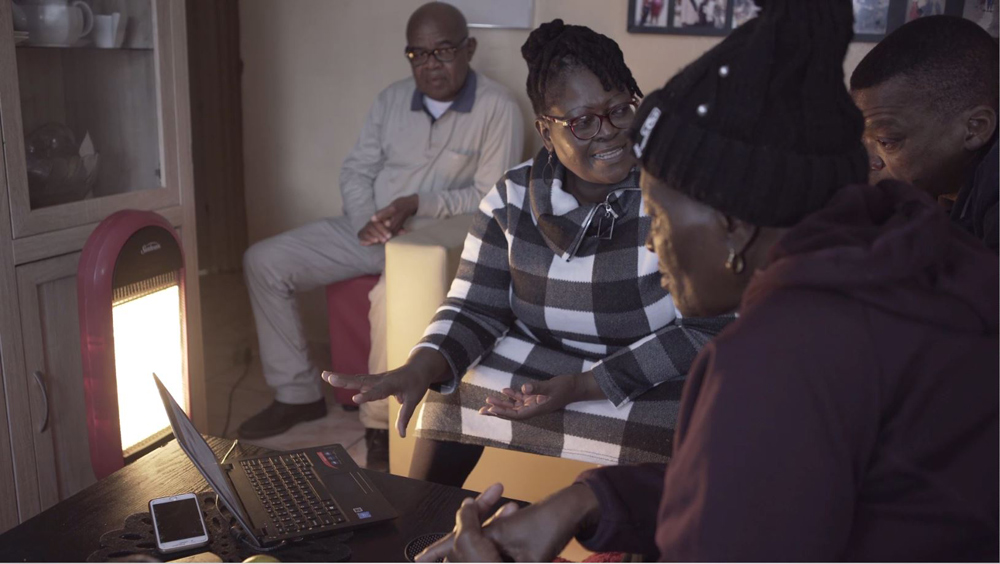
Documenting dialects with the Northern Sotho open-house dictionary
Matlakala Kganyago, our Northern Sotho Language Manager, invented the concept of the open-house dictionary. She first opened her home to Northern Sotho speakers in 2018 and has since run many events inviting the community in to discuss and share their language knowledge.
Passionate about preserving Northern Sotho lexical resources as a legacy for future generations, Matlakala works with her local community in Limpopo, South Africa, to record and translate Northern Sotho content, with a particular focus on documenting its many dialects and variants.
Kgabi, a mine employee who attended Matlakala’s first open-house event, shared his contribution:
"There are some things we take for granted in life and if we are not careful, they will just fade away. I say so because there is this stone that we mine, the quartz. Most of us don’t know its actual name in our language and it is called 'legakabje'. This type of knowledge can fade away with time if we do not record it somewhere. I thank you for the opportunity you gave me of being part of this event."
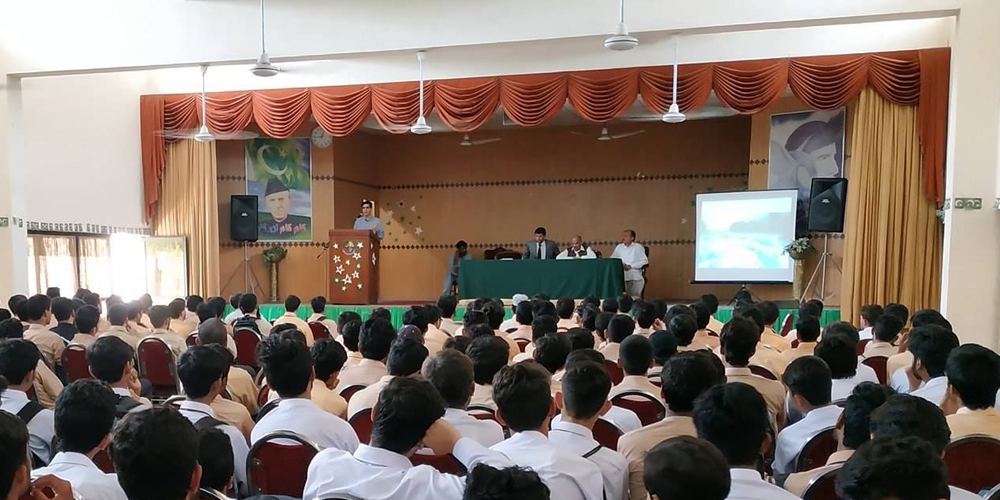
Crowd-sourcing Urdu language content with Islamabad College for Boys
At Islamabad College for Boys in Pakistan, our Urdu Language Manager Zafar Syed held an interactive workshop with the college’s third and fourth year students to introduce them to our global languages initiative.
Zafar shared Oxford Languages’ mission to work in collaboration with local speakers, like the college’s students, to record their language for the development of digital resources in Urdu.
The students took part in a content crowd-sourcing session, suggesting new additions to the dictionary and supplying their own examples sentences. They learnt how to submit new words to the Oxford Urdu Dictionary website, marked as a ‘user contribution’, and how such activities are important for documenting Urdu and improving its representation and access online.
The college’s principal Dr Rafiq Sandeelvi took great interest in the project, encouraging his students and expressing his hope for the initiative’s ongoing development of Urdu digital resources.
